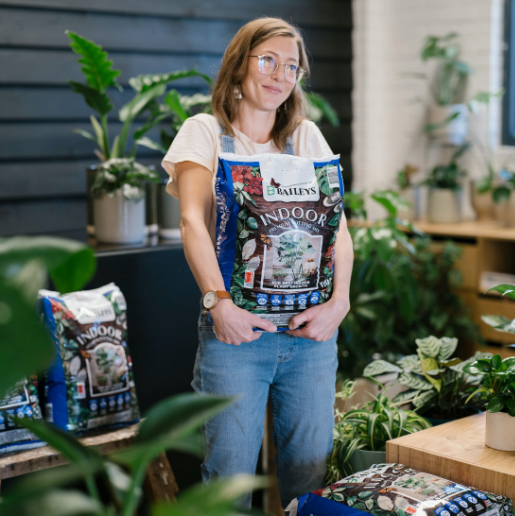
Join our Great Gardens Club!
Sign up to enjoy 15% off your first purchase from Baileys online. Plus, get our monthly WA gardening tips, latest news and promotions straight to your inbox.

Sign up to enjoy 15% off your first purchase from Baileys online. Plus, get our monthly WA gardening tips, latest news and promotions straight to your inbox.
Spring is in the air, and that means warm-season veggies can start going in the ground once any chance of frost in your area has passed. Here's our top 3 croppers which can be grown from seed or seedlings now.
As with most veggies, these guys like a sunny position in the garden with some protection from strong winds and afternoon sun. For best results, soils need to be rich in organic matter, minerals and free draining. Prepare sandy soils in advance of planting by digging in aged animal manure, clay, compost and a complete mineral fertiliser - or use Baileys Clay & Compost which contains aged chicken manure, mature compost, kaolin clay and rock mineral silts. Add additional organic based fertiliser with the full suite of macro and micro nutrients for top quality veggies - such as Baileys Soil Matters Garden.
Short on space? No worries, these guys can be grown very successfully from large pots or planters filled with a quality growing media such as Baileys Veg & Herb Premium Planting Mix.
Beans
Cucumber
Zucchini